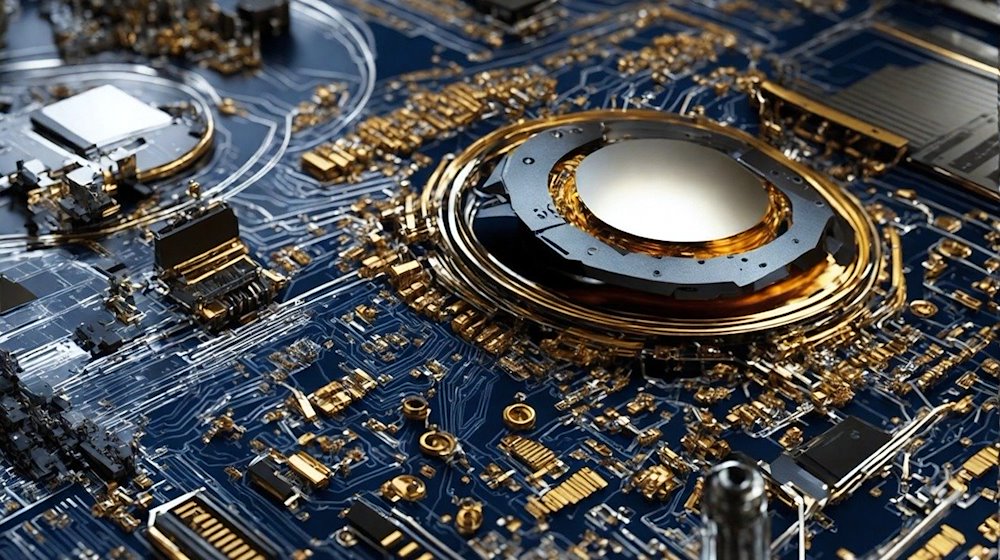In a world increasingly shaped by artificial intelligence (AI) and networked technologies, platform chips are becoming more and more important. These specialized microchips, which serve as the heart of modern devices, are crucial for the performance and efficiency of AI applications. Prof. Dr. Gerhard Fettweis from ZuSE KI-mobil highlights how essential this technology is for the development of AI, especially in light of the next generation of mobile technology, 6G, which is expected to be introduced after 2030.
What are platform chips?
Platform chips are integrated circuits specifically designed to support a wide range of functions on a single hardware platform. They integrate various components such as processors, memory and interconnect modules on a single chip, making them extremely efficient. These chips are capable of performing complex calculations required for training and operating AI systems.
The role of platform chips in AI development
According to Prof. Fettweis, "every consumer device will be a robot - intelligent and networked." Platform chips are essential for realizing this vision, as they provide the necessary computing power and connectivity to enable devices to function autonomously. Fettweis points out that platform chips mean progress in industrial production. Tesla recognized this right from the start and built its successful e-cars around the brain, making the vehicles more intelligent and interactive. Volkswagen, on the other hand, builds its ID models in the conventional way by assembling them from different modules.
Europe's strategic necessity
One key aspect that Prof. Fettweis addresses is the need for Europe to be a leader in the development and production of platform chips. Dependence on technology imports, particularly from China, poses risks in terms of security, data protection and availability. Developing its own platform chip technologies would not only strengthen Europe's technological sovereignty, but also its competitiveness in the global market.
The challenges and opportunities
However, the production of platform chips is associated with considerable challenges. It requires extensive research and development as well as high investments in production technology. At the same time, it offers enormous economic opportunities as the demand for smart, connected devices will continue to grow.
Conclusion
Platform chips are more than just a technological foundation for smart devices; they are the backbone of the digital transformation and the AI revolution. It is crucial for Europe to be at the forefront of this key technology in order to secure its future as a leading economic power in an increasingly digitalized world.










